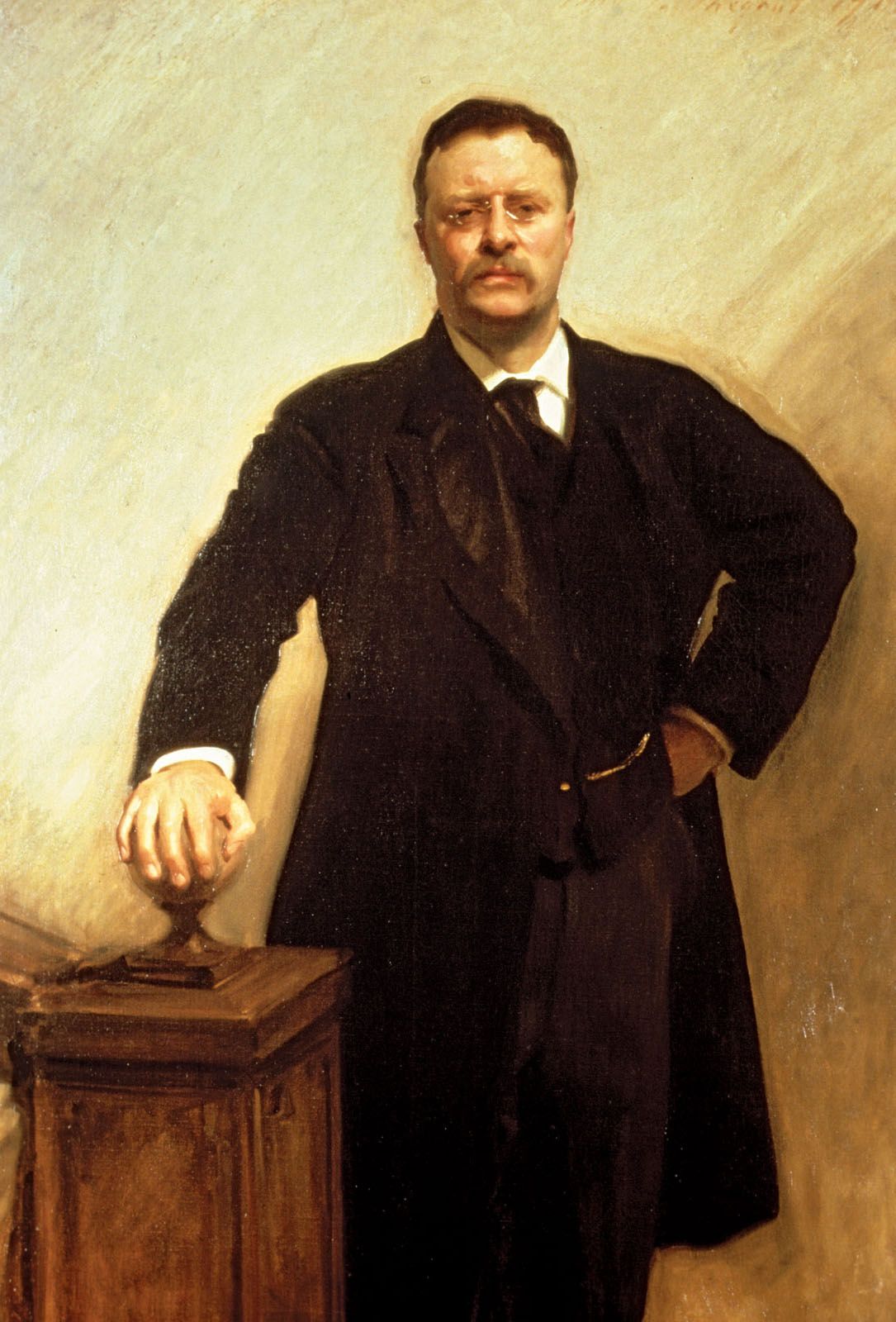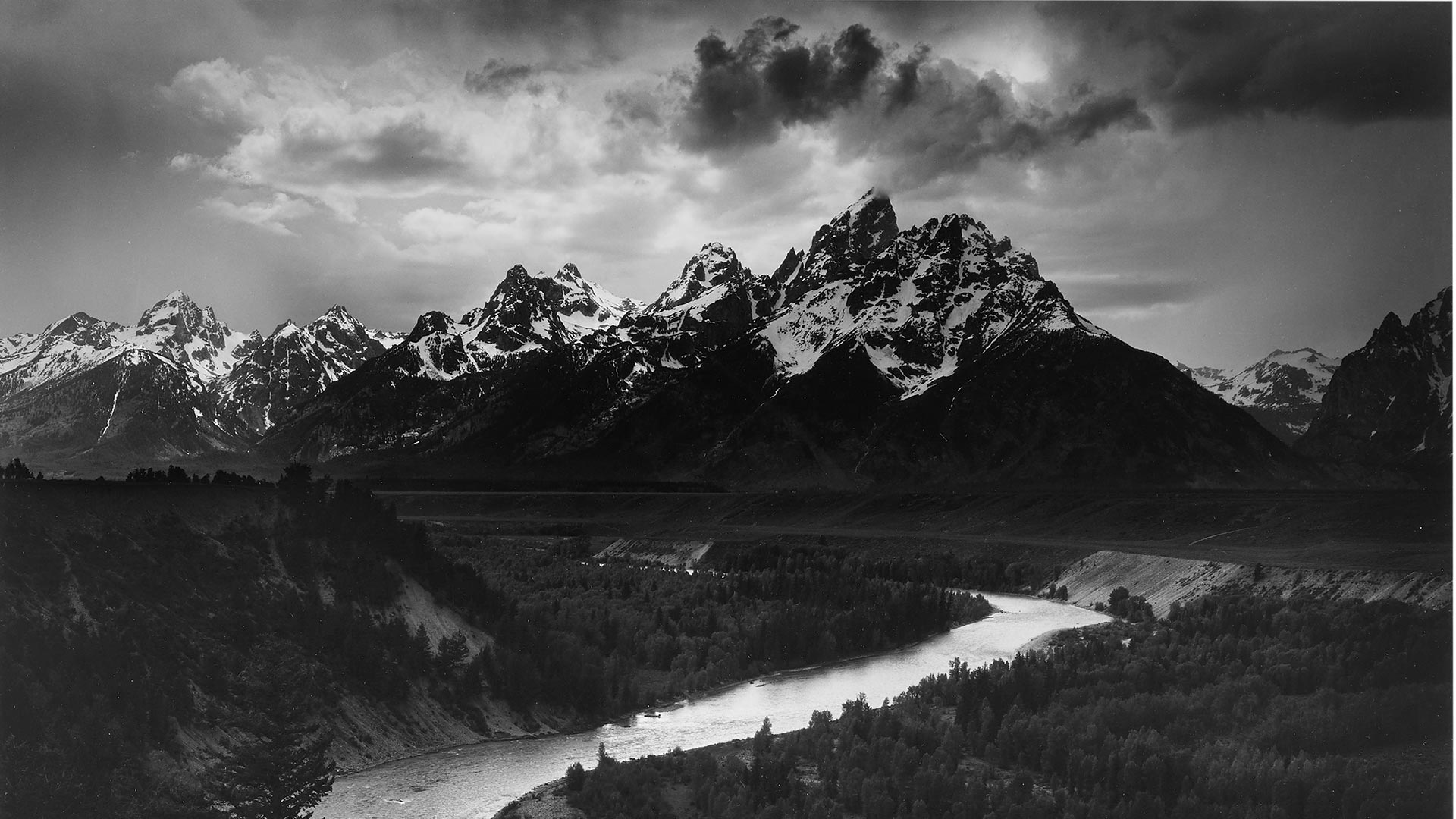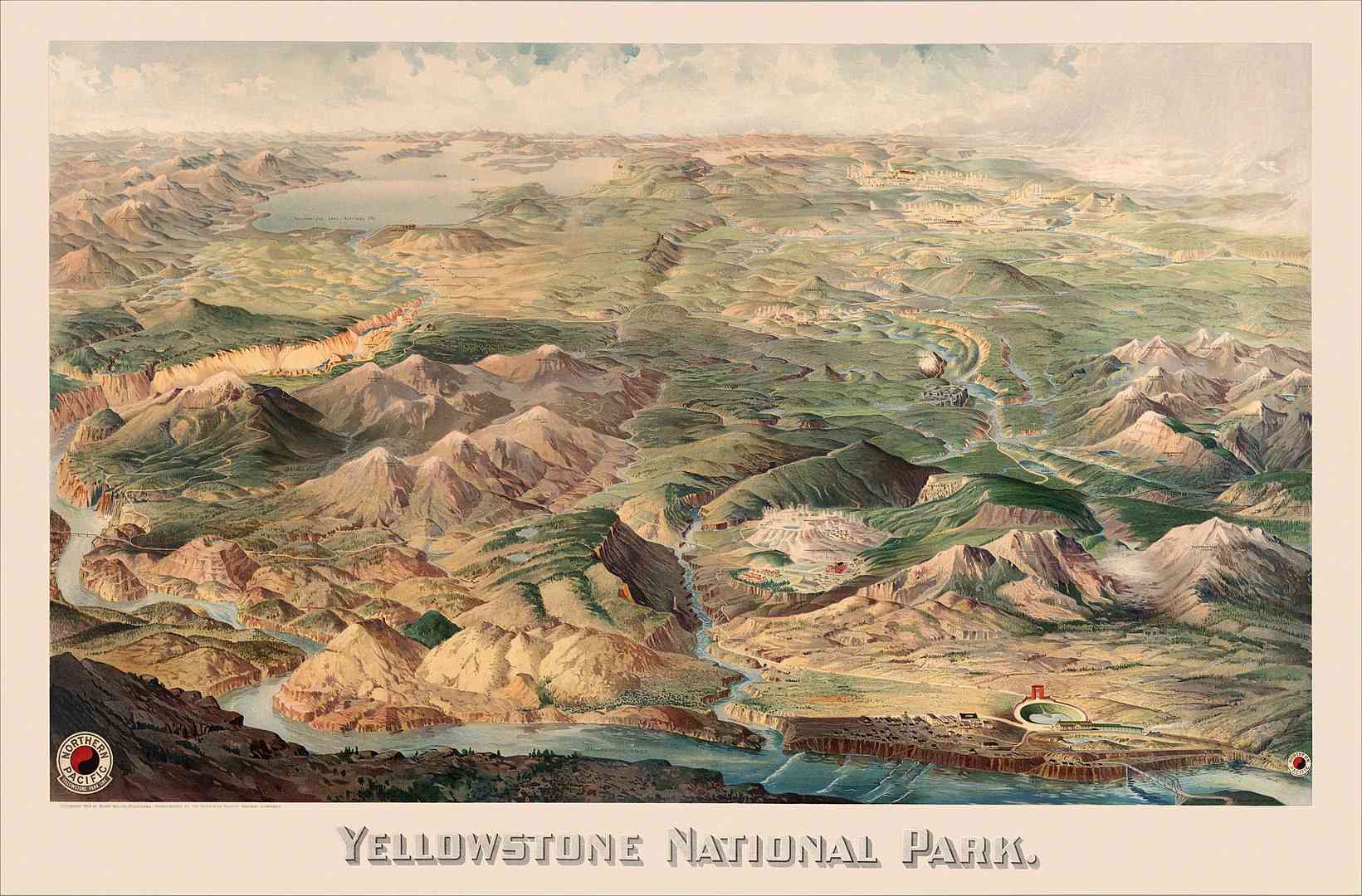
Issue In Brief: Understanding the Carbon Tax
The debate around the carbon tax frequently misses its broader economic and environmental benefits. By effectively addressing the externality of carbon emissions, the carbon tax stands as a critical component of Canada’s strategy to combat climate change and promote sustainable growth. Clear communication and understanding of the policy’s benefits, including the progressive rebate program, are vital in navigating public concerns and fostering support for this essential environmental initiative.











